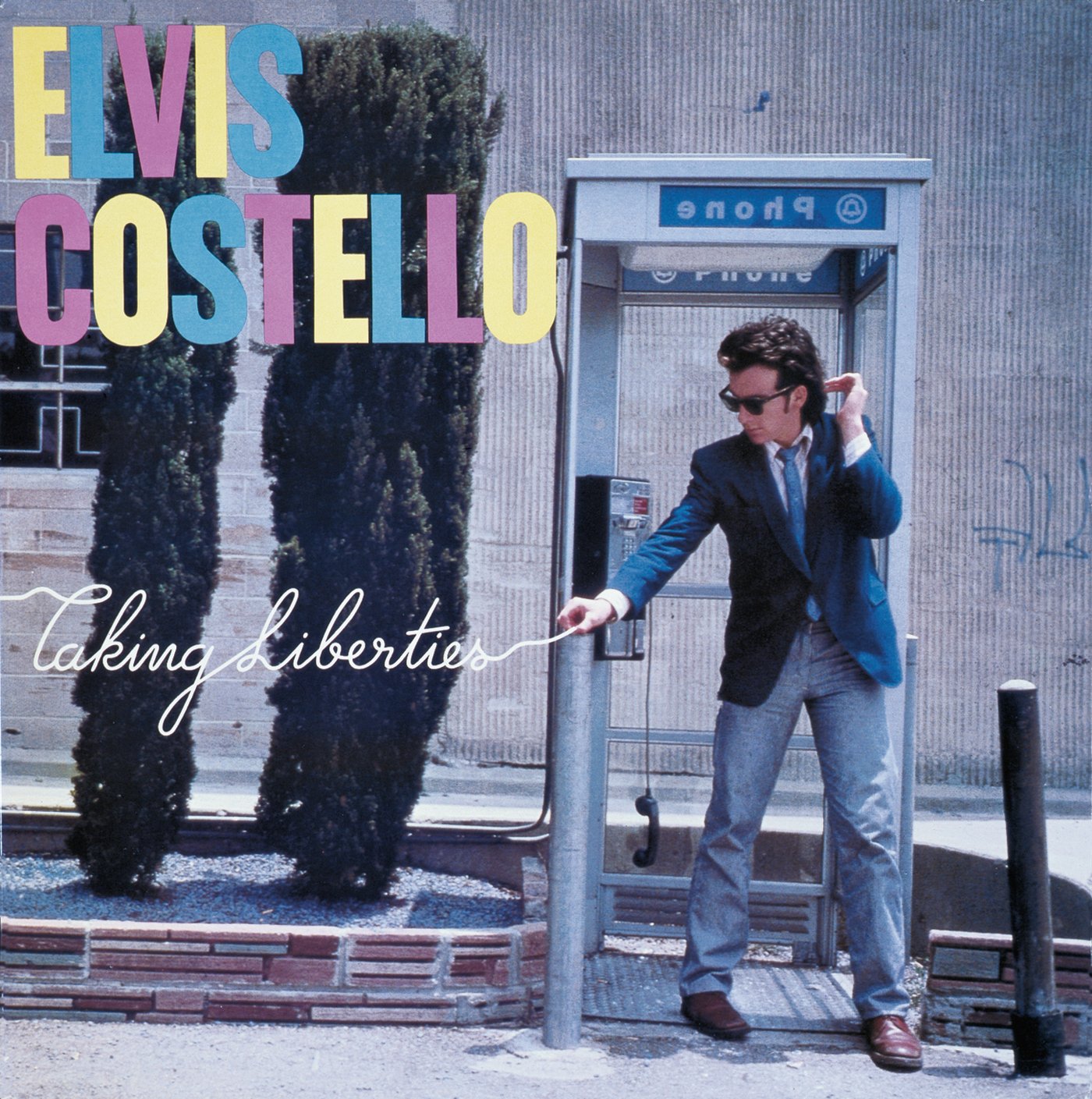 When Elvis Costello was planning setlists for the lengthy 2025 tour he dubbed Radio Soul!, he focused on the “classic” period of his first four albums, which came in rapid succession between 1977 and 1980. Despite Costello’s enormously rich catalog (nearly three dozen studio albums and counting), fans have always made it clear that a live performance without at least a few songs from My Aim Is True, This Year’s Model, Armed Forces and Get Happy!! would be somewhat disappointing.
When Elvis Costello was planning setlists for the lengthy 2025 tour he dubbed Radio Soul!, he focused on the “classic” period of his first four albums, which came in rapid succession between 1977 and 1980. Despite Costello’s enormously rich catalog (nearly three dozen studio albums and counting), fans have always made it clear that a live performance without at least a few songs from My Aim Is True, This Year’s Model, Armed Forces and Get Happy!! would be somewhat disappointing.
Costello was so busy in his early days, first backed by the band Clover and then his own long-serving group the Attractions, that those albums were only part of his creative story. As was the custom in Great Britain, various unique 45 rpm singles and multi-track 7-inch extended play vinyl releases were marketed separately from the LPs. In addition, Costello’s U.K. labels (F-Beat, Radar, 2-Tone and Stiff during this period) and American company Columbia Records were keen on distributing special promotional discs to journalists and radio stations. And then there were those new-fangled picture discs to play with too.
In some cases the artwork and track listing of the albums themselves were fussed with, as Columbia’s A&R man Gregg Geller and Costello’s manager/label owner Jake Riviera recognized they were marketing to consumers with different tastes and cultures. As George Bernard Shaw remarked, “England and America are two countries separated by a common language.” (Braces don’t align your teeth, they hold up your trousers! Potato chips are crisps and chips are fries!)
Related: Our Album Rewind of Costello’s Get Happy!!
In his memoir Unfaithful Music & Disappearing Ink, Costello describes one change to his third album, which was not made from worries about racism despite appearances: “The correspondent from the Amsterdam News had been doing some research…he wanted to know about the couplet ‘Put them all in boots and khaki/Blame it all on the darkies” from ‘Sunday’s Best.’ Maybe he thought that Columbia Records was censoring me for my own good, as that song had been removed from the American edition of Armed Forces on the grounds that it was ‘too English.’” Likewise, Geller and Riviera agreed that “Night Rally” and “(I Don’t Want to Go To) Chelsea” would be removed from This Year’s Model in the U.S., with “Radio, Radio” being added.
There were so many tracks released in the U.K. without U.S. equivalents that Riviera decided, with the cooperation of an enthusiastic Geller, to issue a compilation album of missing material. Calling it Taking Liberties after a lyric in the tune “Crawling to the U.S.A.,” the artwork was designed to echo the low-cost look of early rock and R&B LPs of the ’50s. The cover photo has been flipped (the phone booth signage reading e-n-o-h-P) so there’s room for the cover model (an oddly posed Elvis) to “draw” the album name. The LP labels themselves are Columbia designs from the 1920s (although one side “accidentally” reads “Costello” instead of “Columbia”).
To top off the parody, Geller wrote liner notes for the back cover, explaining that “Costello has waxed more sides than we’ve been able to fit onto his first four albums.” Most of the next paragraphs are an obscure inside joke, reprinting the back cover copy for the 1958 Capitol album A Gene Vincent Record Date, with “Elvis Costello” substituted for “Gene Vincent.”
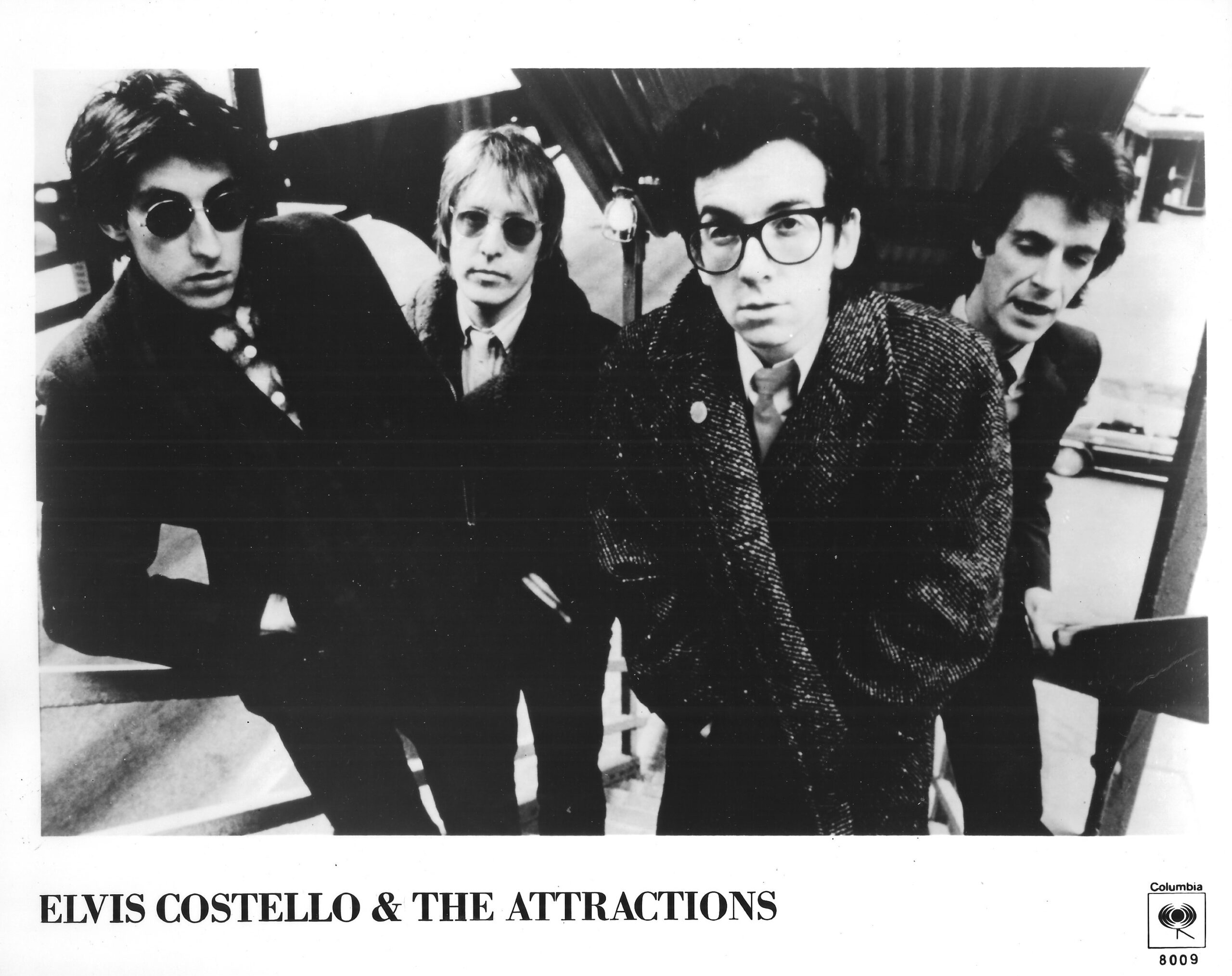
Elvis Costello & the Attractions, in a b/w version of the photo used on the album’s inner sleeve (Photo: Greg Brodsky archives)
With 20 tracks, Taking Liberties, released in October 1980, was a bargain, full of great material, and it made it to #28 on the Billboard album chart. (A British compilation with a somewhat different track listing was issued only on cassette as Ten Bloody Marys & Ten How’s Your Fathers.)
The album leads with the previously unreleased “Clean Money,” produced by Nick Lowe and with backing vocals by Dave Edmunds, recorded at the tiny Eden Studios in Acton, London, where the Attractions (pianist Steve Nieve, drummer Pete Thomas and bassist Bruce Thomas) were used to working. The song was originally meant to open Armed Forces before being replaced by “Oliver’s Army.” Sounding like a manic mash-up of Costello’s “Pump It Up,” the Beatles’ “Taxman” and Dylan’s “Subterranean Homesick Blues,” filtered through Costello’s admiration for Cheap Trick, it packs a lot into 1:57. The wordplay is fast and furious: “Checking on a checkmate/Grassing on a classmate/So beautiful and fortunate/He hates to love, you love to hate.” Never one to let unused material lie fallow, Costello expanded the refrain “They won’t take my love for tender” into another song called “Love for Tender,” destined for release on Get Happy!!
“Black and White World” is another previously unreleased song, this take produced by Costello at Archipelago Studios in Pimlico. He’s described it as “leaning towards the narrative style of a Ray Davies song, while the final recording was based on a Pete Thomas drum pattern which owed something to the style that Richie Hayward of Little Feat employed on ‘Cold, Cold, Cold’” [from Sailin’ Shoes]. Nieve’s prominent organ playing has few equivalents in the Costello discography, but the lyrics are prime Elvis punning: “I was looking at the black and white world/Trying to name some pin-up/Those days she was just a beautiful girl/Now she’s framed and hung up.”
“Hoover Factory” is the only other previously unreleased song, “an ode to a splendid building that I used to pass on my bus route to work,” according to Costello. He played it live for a while but never found a place for it on an album, so it remains a good but minor “Alison”-style, highly-melodic ballad with a melancholy yearning: “It’s not a matter of life or death/But what is, what is?/It doesn’t matter if I take another breath/Who cares? Who cares?”
Costello says he gave away “Girls Talk” to Dave Edmunds “in a moment of drunken bravado” and watched his version reach #2 on the British chart. The Attractions’ cut is led by Bruce Thomas’ bass and a wonderfully aggressive Costello vocal, and appeared as the B-side of the British single “I Can’t Stand Up for Falling Down.” A wildly different take of “Girls Talk” was included on the bonus disc of the expanded Get Happy!! in 2003.
Made on a quick turnaround on a day off, “Crawling to the U.S.A“ was recorded in Dec. 1978 in Sydney, Australia, as a tour started. Costello eventually found himself in Los Angeles “…in order to make a small cameo appearance [as the Earl of Manchester] in an absurd musical comedy about the debased lengths that a country might go to in order to clear its national debt…I came bearing a newly recorded version of an early song of mine…which in itself was based on a science-fiction film [1967’s Battle Beneath the Earth] about a Chinese invasion via a tunnel under the ocean.” It was released on the Lorimar soundtrack album for Americathon.
Costello himself plays marimba, Spanish guitar and fretless bass on the very unusual “Ghost Train,” a song inspired by seeing his father perform with the Joe Loss Orchestra in the early ’70s. Although he’d been working on it for years, Costello says he rewrote “Ghost Train” under the spell of Steely Dan’s Katy Lied album, which influenced the arrangement. The Byrds’ “5D” and the psychedelic singles of the Move are less successfully integrated into “Dr. Luther’s Assistant,” which Costello recorded solo before having Thomas match a drum track to his not-exactly-in-time performance.
A fantastically energetic take on Van McCoy’s “Getting Mighty Crowded” (first recorded for Vee-Jay by Betty Everett in 1964) was issued as the B-side to “High Fidelity” and was featured in the Attractions’ live shows for years, as was “Clowntime Is Over,” a powerful original that Costello says was his attempt at being Curtis Mayfield. “Just a Memory” was supposed to evoke Burt Bacharach working with Dusty Springfield, and is quite magnificent, with Nieve’s keyboards reaching genius level. Elvis was later thrilled to find Springfield actually cutting “Just a Memory” on her White Heat album, and of course he eventually collaborated with Bacharach himself for the spectacular Painted from Memory set.
The song on Taking Liberties with the most staying power is undoubtedly “(I Don’t Want to Go To) Chelsea,” which is as ubiquitous in Costello live shows as “Pump It Up.” Writing about the production of This Year’s Model in his memoir, Costello says, “I wanted the record to sound both spiky and sour, so we used a solitary box of tricks to delay and detune the guitars, organs and even the drums until the whole shebang sounded like a Klaxon. You can hear what I’m talking about pretty clearly on “(I Don’t Want to Go To) Chelsea.”
The songwriting started with a stop-start chord sequence borrowed from the Who (think “I Can’t Explain” and “My Generation”), to which Costello says he added “a clickerty-clackerty guitar figure off an old Rock Steady record by The Pioneers. The Attractions and I started out arranging songs by combining quotations from our favorite records, although we never really said much about it at the time. It was years before Pete Thomas admitted that his drum intro for ‘Chelsea’ was lifted directly from Mitch Mitchell’s playing on ‘Fire’ by The Jimi Hendrix Experience, but once Bruce Thomas had taken this cue to syncopate his bass line,, the song effectively had three hooks and you would have struggled to pinpoint where the ideas had originated.”
Taking Liberties has other gems, including a version of “My Funny Valentine” that was originally given away as a vinyl single to those who attended a show at the Long Beach Arena on Valentine’s Day 1979, and “Stranger in the House,” a perfect country tune recorded with Clover that was gifted as a single inserted into the first 1,000 copies of the U.K. version of This Year’s Model. Costello recorded the song with George Jones a few months later; his full-on Nashville album Almost Blue would be tracked in 1981.
There are plenty of interesting compilation albums and “bonus discs” in the Costello catalog, and he continues to issue songs untethered to full albums. Taking Liberties proved early in his career that his so-called “leftovers” are better than many other artists’ main meals.
Watch Costello perform “(I Don’t Want to Go To) Chelsea” in 2002
Costello’s extensive recorded legacy is available in the U.S. here, in Canada here and in the U.K. here.

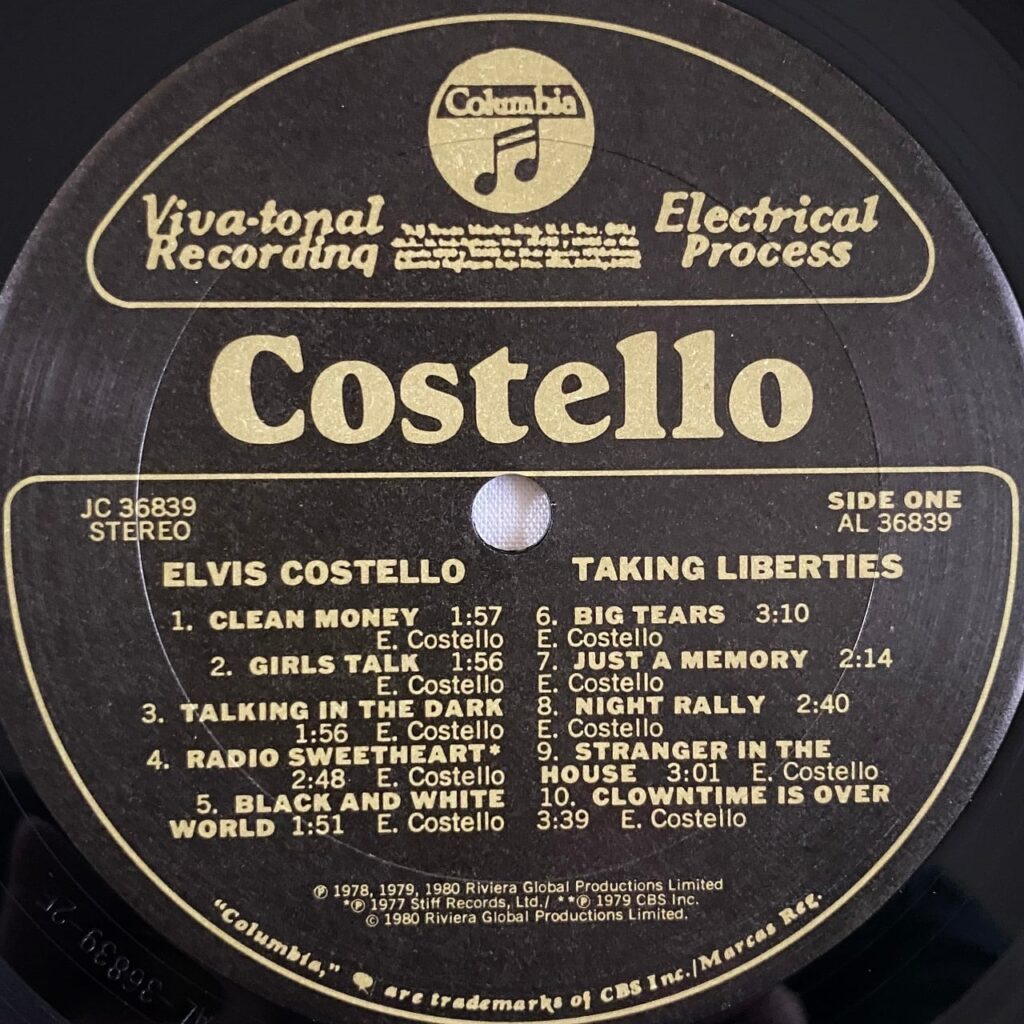
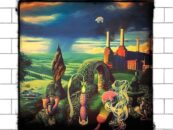
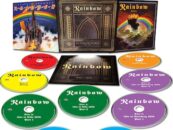
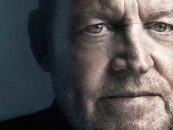
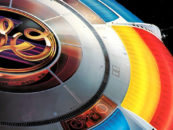

No Comments so far
Jump into a conversationNo Comments Yet!
You can be the one to start a conversation.